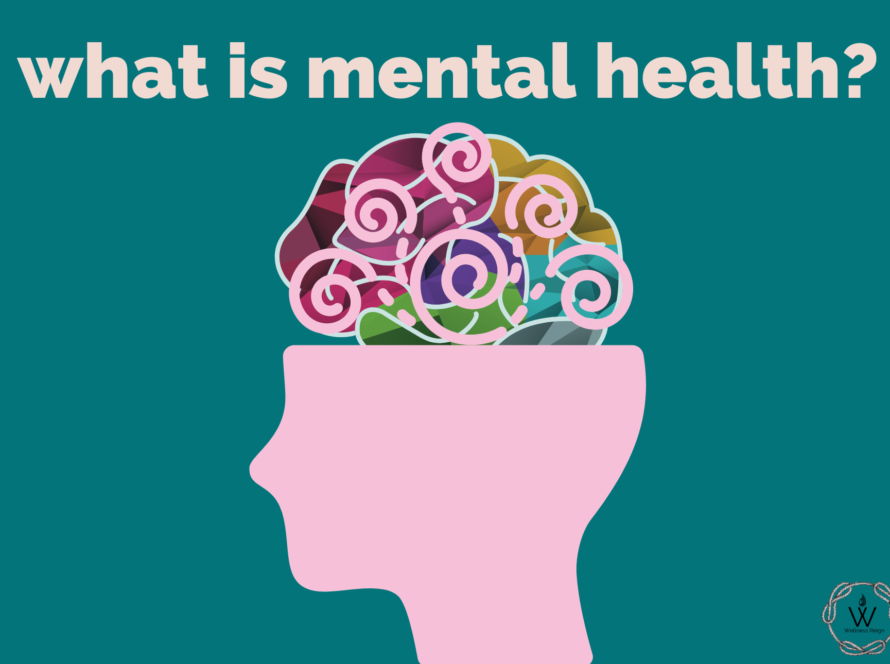How isolation affects your mental health
How does isolation affect your mental health?
Isolation can have a profound effect on our mental health. According to a study by the University of Pennsylvania, loneliness can lead to “a range of cognitive and physical undulations.” This means that isolation can cause us to experience changes in our thinking, memory, and even our physical health. In addition, isolation can increase our risk for anxiety, depression, and other mental health disorders. It’s important to remember that we are social creatures by nature, and isolated individuals are more likely to experience negative mental health consequences as a result. If you’re feeling isolated, reach out to a friend or family member today. Your mental health will thank you for it.
What are the effects of isolation on your mental health?
Isolation can have a profound effect on our mental health. humans are social creatures, and we function best when we have regular contact with other people. When we’re isolated, we can start to feel cut off from the world, like we no longer matter. This can lead to depression, anxiety, and even thoughts of suicide. Isolation can also exacerbate existing mental health conditions, causing them to become worse. In some cases, isolation can even trigger a psychotic break. If you’re feeling isolated, it’s important to reach out for help. There are many support groups and hotlines available, and talking to someone can make a big difference. Don’t suffer in silence – reach out today.
What can you do to reduce the effects of isolation on your mental health?
There are several things you can do to reduce the effects of isolation on your mental health. First, it is important to stay connected with other people. Whether you connect with friends, family, or co-workers, social interaction can help reduce feelings of isolation and loneliness. Second, find ways to stay active and engaged. Take walks, join a gym, or participate in activities that you enjoy. Staying active can help reduce stress and improve your overall mood. Finally, make sure to set aside time for yourself. Isolation can be draining, so it is important to take breaks from social interaction and give yourself time to relax and recharge. If you find yourself feeling isolated or lonely, these tips can help reduce the negative effects on your mental health.
Reference:
Greaves, C. J., & Farbus, L. (2006). Effects of creative and social activity on the health and well-being of socially isolated older people: outcomes from a multi-method observational study. The Journal of the Royal Society for the Promotion of Health, 126(3), 134–142.
https://doi.org/10.1177/1466424006064303
Click Here to access online therapists, who are virtually available at your convenience.
If none of the above mentioned resources are for you, but you still want nurture your over all wellness and learn more about Wellness Reign. Click Here you will also have an opportunity to access our FREE Self-Assured Starter Guide.


